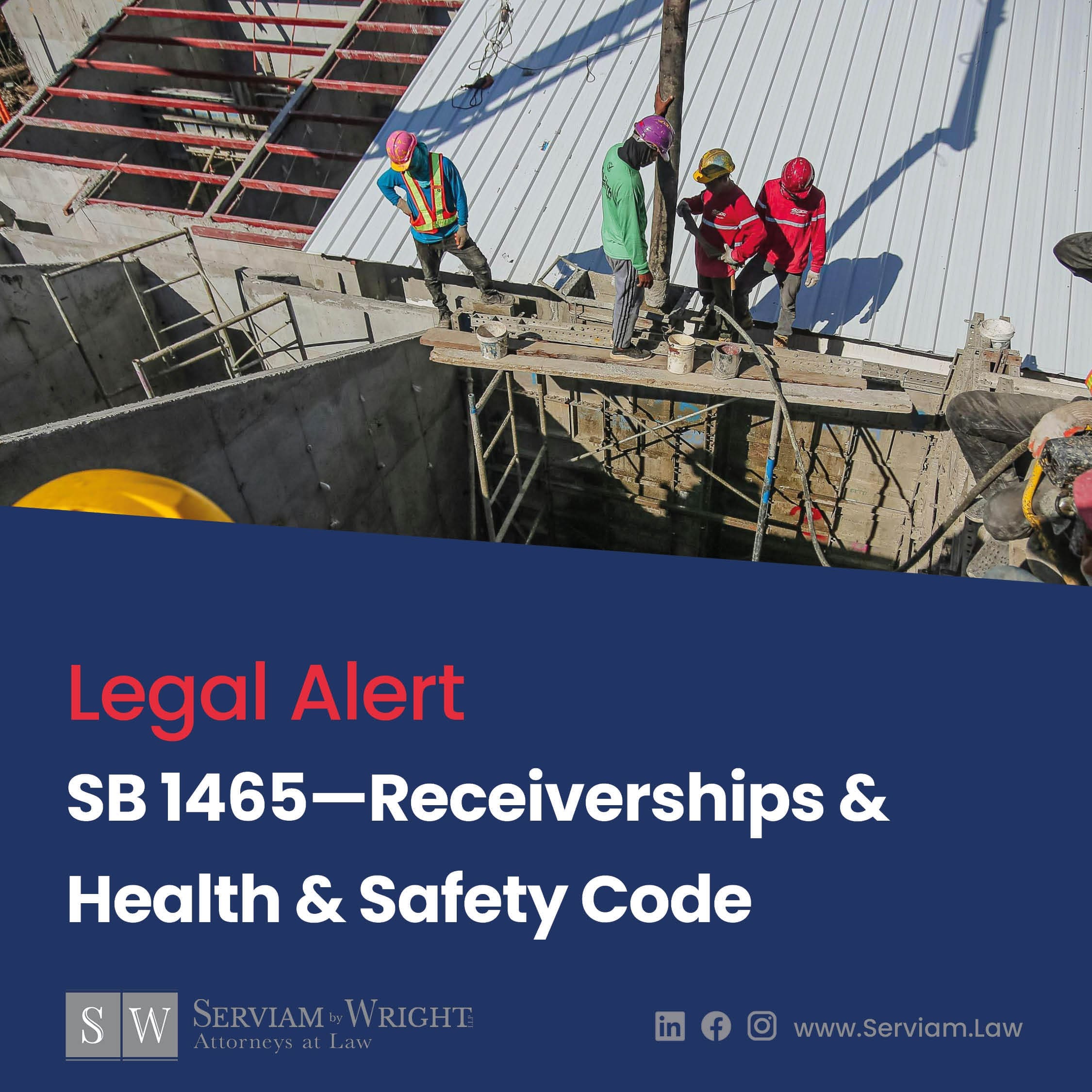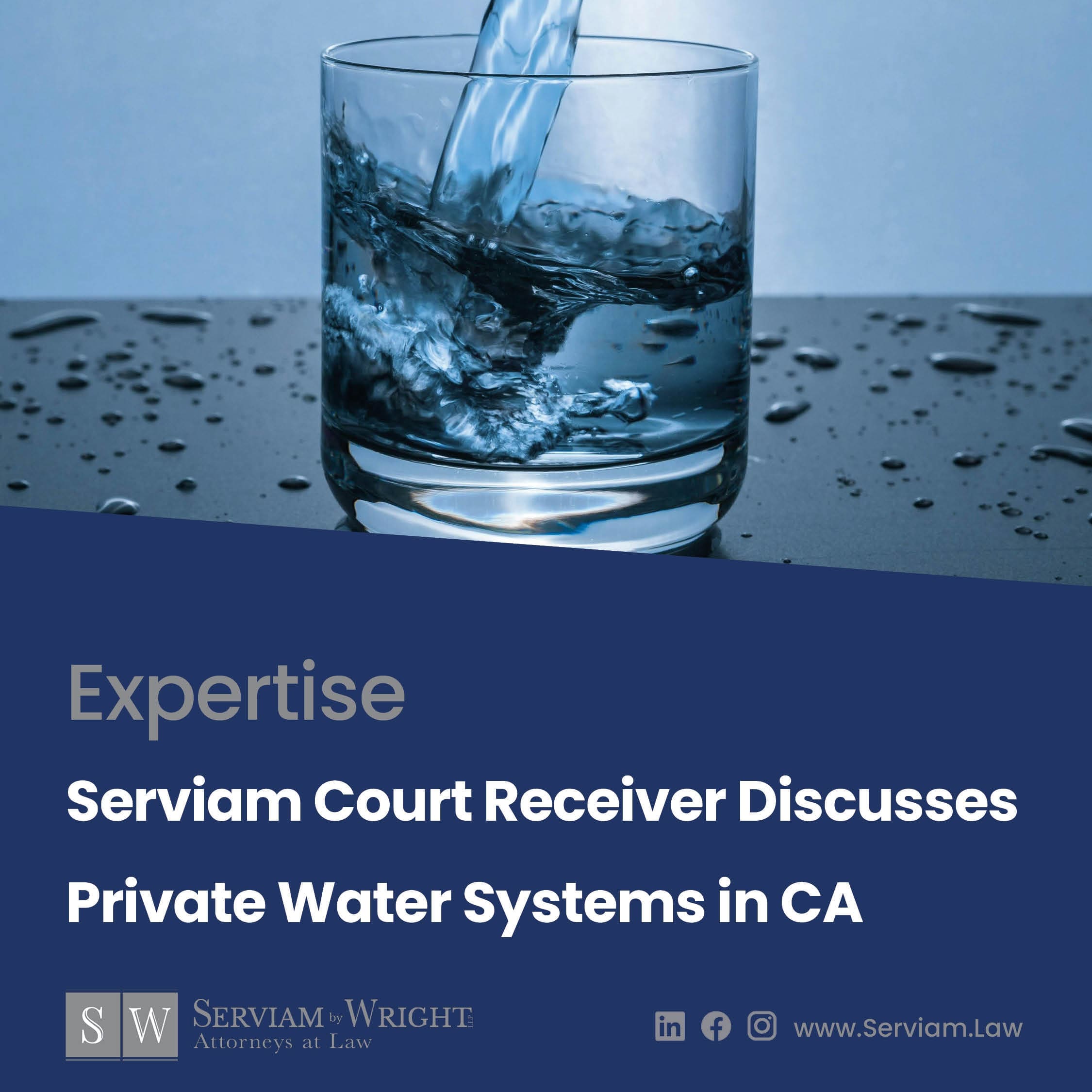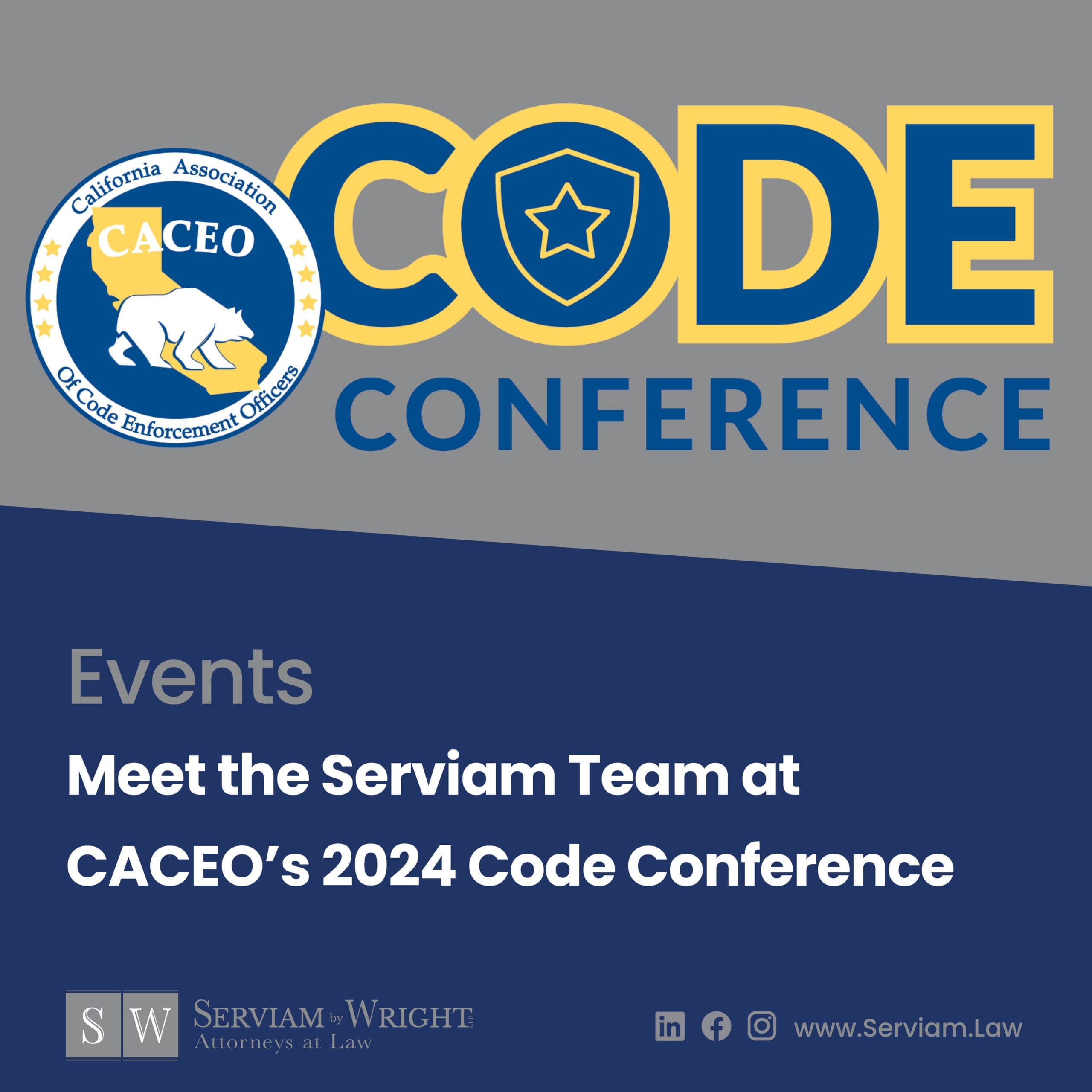The onset of COVID-19 has led to the fast and furious adoption of virtual operations for all industries, including local government. Public agencies have seen a switch to virtual meetings where possible along with other virtual options to enable daily operations. In regard to code enforcement, building, and safety departments in particular, many agencies have been able to adapt their operations to allow for virtual inspections via Zoom or other video communication options. Some allow the submission of photographic evidence via text or email from residents and property owners in lieu of onsite inspections. And still, others are able to host administrative hearings virtually.
These technological advancements can be extremely useful for public agencies. They allow code enforcement and other municipal departments to continue their routine services without delay, they protect public health in the process, and they allow the public agency to maintain their responsiveness to the community they serve. However, before jumping in with both feet, it is exceedingly important for public agencies to be aware of the responsibilities they assume when utilizing these technologies and take proper steps to avoid unforeseen legal ramifications. Of course, many public organizations had to adapt quickly at the onset of COVID-19, and may not have had a chance to take a harder look at detailed precautions. In that case, it’s a good idea to pause and take stock of the current virtual systems in use to minimize legal risk while maximizing productivity.

One area that requires particular attention lies with video call technology. Zoom and many of its counterparts include features that allow users to record and/or auto-transcribe the call or create other forms of savable data. These features are useful for a number of reasons, however, it is sometimes overlooked that the products of these meetings—e.g. recordings, transcriptions, or other retained data—become public record and are therefore subject to Public Records Act Requests. Relatedly, this also makes them subject to discovery in a future civil litigation matter. This means, if the public agency is utilizing these sorts of features resulting in a virtual record after the meeting, it is likely that the public agency will then be responsible for storing them for some time and having to disclose or produce them if sought. Each public agency should consider whether it is prepared to take on such responsibilities and if so, put policies in place for guidance that outline:
- When will the public agency be using virtual technology, which departments will be using virtual technology, and what forms of virtual technology will be permitted?
- Will the public agency record, transcribe, or otherwise create data-based records when using virtual technology, and under what circumstances will such features be utilized?
- What other features of the virtual technology can be used, for example, screen sharing features, chat features?
- What will be the protocol for naming and storing data-based records?
With this in mind, it is also important to consider the storage needs that accompany large data files such as these. Data storage is costly, and should a public agency decide to record and store all virtual code enforcement inspections, for example, this could impact the agency’s budget. Some questions to consider include:
- Will the agency contract with a storage system/server for more data?
- What are the agency’s record retention policies and will they need adjustment in light of the new kinds of records created?
- How will the agency ensure the data is protected?
- How will the agency protect privacy within the data, such as names and addresses of complaining parties for a code enforcement matter?
Finally, it is worth recognizing the limitations of virtual technologies, particularly in cases like property inspections. Agencies may want to consider having property owners sign a waiver that calls out the limitations of these inspections to protect themselves from unidentified conditions. Agencies may want to involve the contractors of property owners, as applicable, to conduct the inspections to have third-party neutrals involved, particularly for contentious code enforcement matters. Agencies may also want to provide information to the public on when virtual technologies may be utilized and the scope of its usage. Numerous other considerations may apply based on the specific needs of and uses of technology in different jurisdictions, so it may be worthwhile to discuss these matters with your legal counsel.
Whether a public agency is thinking about starting the virtual transition, wants to keep business the way it’s been, or has been using these technologies for the last six months or more, it’s imperative to assess the process and make deliberate and informed decisions about these practices. This is the best way to protect an agency from risk now and in the future.
To learn more about how code enforcement departments have been adapting to COVID-19, sign up for Silver & Wright LLP partner Curtis Wright’s session at the 2020 League of California Cities (League) Annual Conference and Expo, Oct. 7-9 in Long Beach. City of Sacramento Code & Housing Chief Peter Lemos and former CACEO Code Enforcement Officer President and City of Duarte Public Safety Manager Larry Breceda will round out the panel, which will discuss how code enforcement services have been affected by the COVID-19 pandemic.
Valerie Escalante Troesh is a partner at Silver & Wright LLP. She has presented on the topic of the legal considerations of technology use in public agencies at CACEO and regularly advises clients on the matter. You can reach her at VEscalanteTroesh@SilverWrightLaw.com





